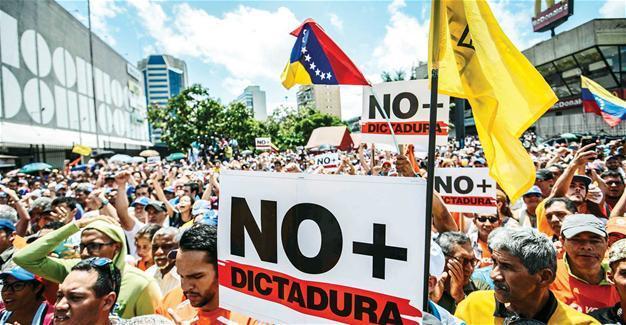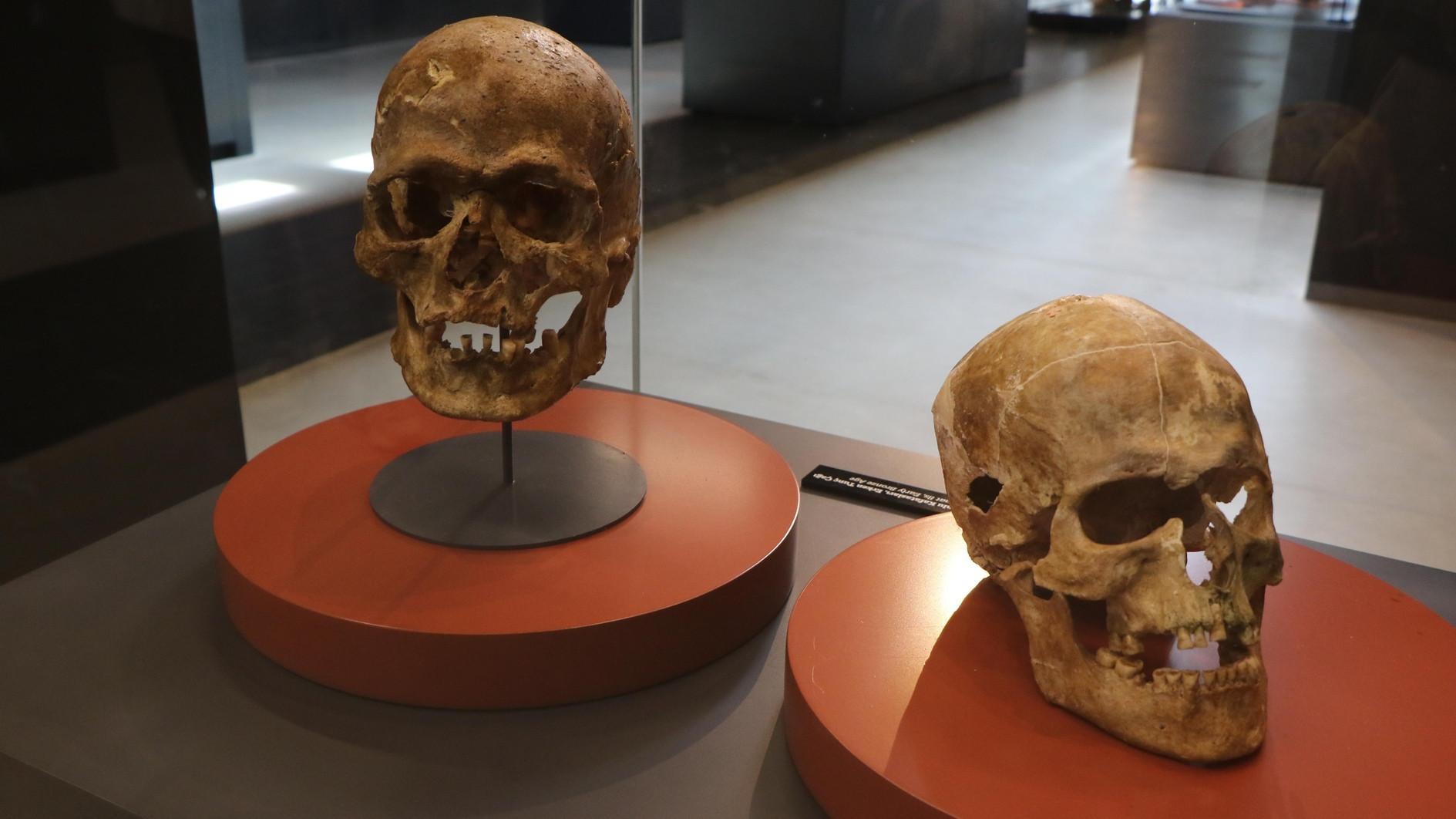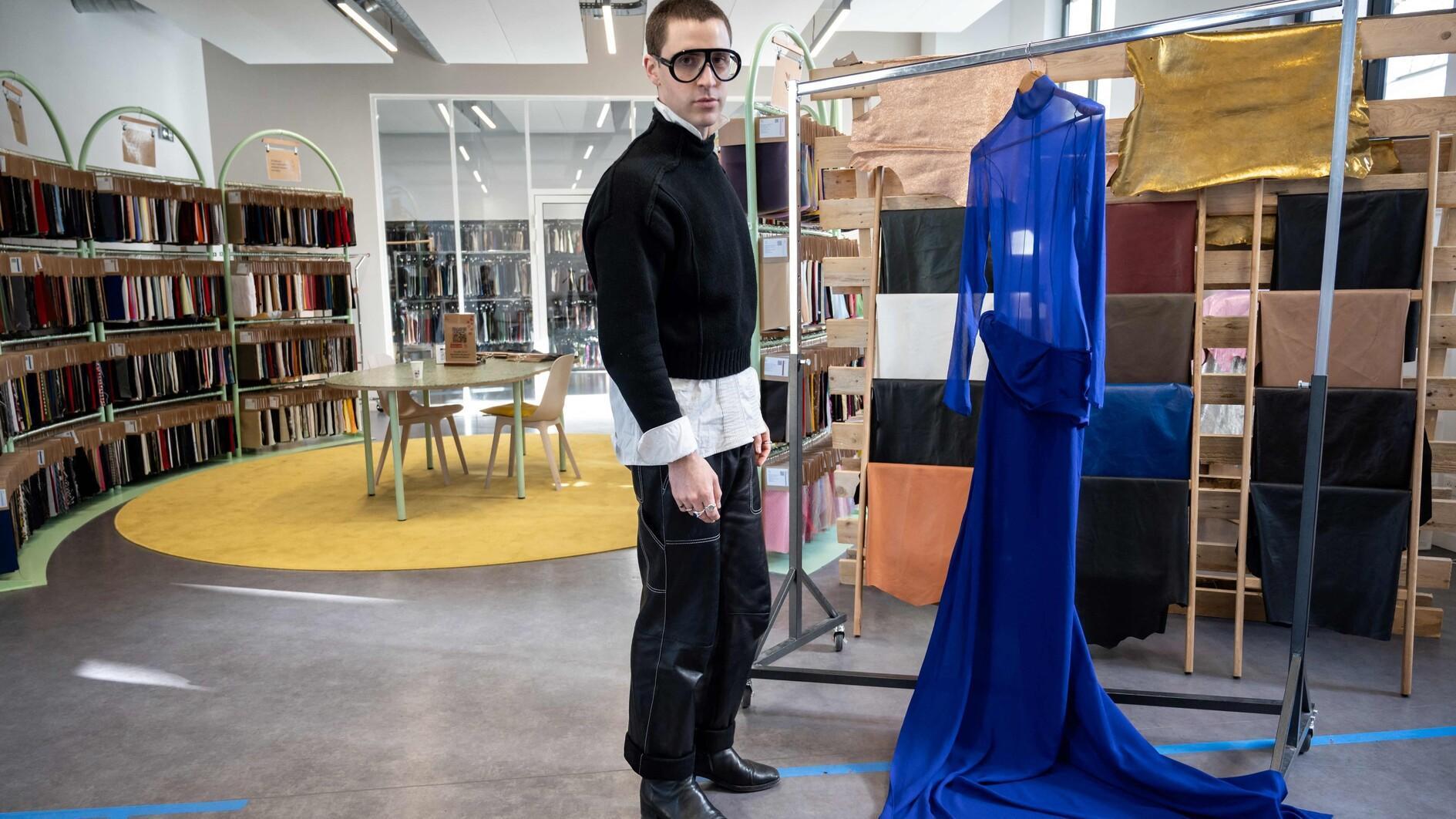Venezuela court retreats from bid to boost president
CARACAS
 Venezuela’s pro-government Supreme Court revoked its takeover of the opposition-led Congress on April 1 after it drew international condemnation and protests against socialist President Nicolas Maduro.
Venezuela’s pro-government Supreme Court revoked its takeover of the opposition-led Congress on April 1 after it drew international condemnation and protests against socialist President Nicolas Maduro.“This controversy is over,” Maduro said just after midnight at a specially convened state security committee, Reuters reported.
The committee ordered the top court to reconsider the March 29 court ruling, which effectively nullified the legislature and brought accusations the ruling Socialist Party was creating a dictatorship.
The tribunal duly erased two controversial judgments and its president, Maikel Moreno, met with both foreign envoys and journalists to explain the decision, insisting there had never been any intention to strip the National Assembly of its powers.
Maduro, 54, who had faced dissent even within government ranks over the Supreme Court’s move, sought to cast developments as the achievement of a statesman resolving a power conflict beneath him. But foes said it was a hypocritical row-back by an unpopular government that overplayed its hand in a power grab.
“You can’t pretend to just normalize the nation after carrying out a ‘coup,’” said Julio Borges, leader of the legislature.
Borges publicly tore up the court rulings this week and refused to attend the overnight security committee, whose members include the heads of major institutions.
He led an open-air meeting of the National Assembly in a Caracas square on April 1.
Having already shot down most congressional measures since the opposition won control in 2015, the Supreme Court went further with its April 29 decision. It said it was taking over the legislature’s role because it was in “contempt” of the law.
Although scores of dissidents have been detained during Maduro’s four-year rule and the National Assembly stripped of power anyway in practice, the court’s move was arguably the most explicitly anti-democratic measure.
It galvanized Venezuela’s demoralized and divided opposition coalition and sparked international condemnation and concern from the United Nations and European Union, as well as the United States and many neighboring countries.
The Supreme Court’s flip-flop may take the edge off protests but Maduro’s opponents at home and abroad will seek to maintain the pressure. They are furious that authorities thwarted a push for a referendum to recall Maduro last year and postponed local elections scheduled for 2016.
Now they are calling for next year’s presidential election to be brought forward and the delayed local polls to be held, confident the ruling Socialist Party would lose.
Hundreds of opposition supporters marched in Caracas on April 1. Police dispersed some with tear gas as residents banged pots and pans to support the demonstrators.
















